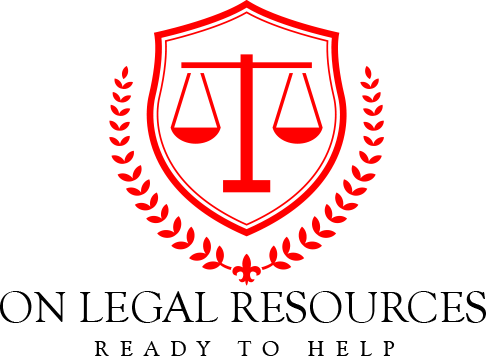Legal Cashier Is An Unfamiliar Term
July 29, 2017
Legal cashier is an unfamiliar term to many lay people but an essential part of any busy law firm. Working as a type of specialised book keeper, legal cashiers have responsibility for the firm’s financial and accountancy needs. In doing so, they must go beyond what is demanded of otherwise comparable roles in other businesses. This is to ensure that the firm complies with the Solicitors Accounts Rules (SAR) in every facet of its accounting and financial affairs.
Who Can Work as a Legal Cashier?
There is no specific qualification needed to work as a legal cashier. However, the SAR itself demands that anyone undertaking such work should have a good knowledge of the regulations around solicitors’ accounts.
In order to obtain the necessary excellent and in-depth understanding of the minutiae of the SAR, many legal cashiers are members of the Institute of Legal Finance & Management. This provides those individuals with a formal diploma. There is also a University of Chester accreditation scheme, run in conjunction with http://www.quill.co.uk/Outsourced-Legal-Cashiering/, which combines formal study with on-the-job learning.
What Does a Legal Cashier Actually Do?
Whichever route a would-be legal cashier takes towards the job, the most important elements of the role they will undertake are always the same.
First and foremost, they ensure that the firm complies with all the relevant industry regulations, as provided for by the SAR. This requires the legal cashier to stay up to date on the industry regulations in order to ensure that the firm does not face costly penalties for late or inaccurate accounting submissions.
A second essential element of their role is to make sure that the law firm operates as an effective business. This means ensuring that its cash flow is regular and sufficient, and that clients pay their bills in an efficient and timely fashion. Legal cashiers can greatly assist with this process if they generate automatically calculated bills that take into account the varying charge-out rates of the firm’s fee earners, any relevant percentage uplifts and VAT. Where monies remain outstanding or bills not paid in full, legal cashiers are in the best position to flag the problem as soon as possible and highlight it for the appropriate remedial action.
The financial obligations of legal cashiers also extend to the firm’s bank accounts. These must be reconciled in order to satisfy obligations under the SAR.
A further, and sometimes overlooked, part of the job of the most effective legal cashiers is the business intelligence insights that their day-to-day work permits them. Properly utilised, these can be rolled up into regular automatically generated reports on all areas of financial information. As well as helping to pinpoint new opportunities to grow the business, such reports can also play a vital role in performance monitoring.
In-House or Outsourced Legal Cashiers?
Many law firms employ their own in-house legal cashiers. However, there is an increasing trend to outsource the work to external providers. Not only can this offer savings in terms of overheads associated with recruitment, training, salary and the like, but it can also ensure that the firm receives 24/7 cashier support. The former might be attractive to any firm, while the latter can be particularly significant for larger firms working on complex deals or cases.
